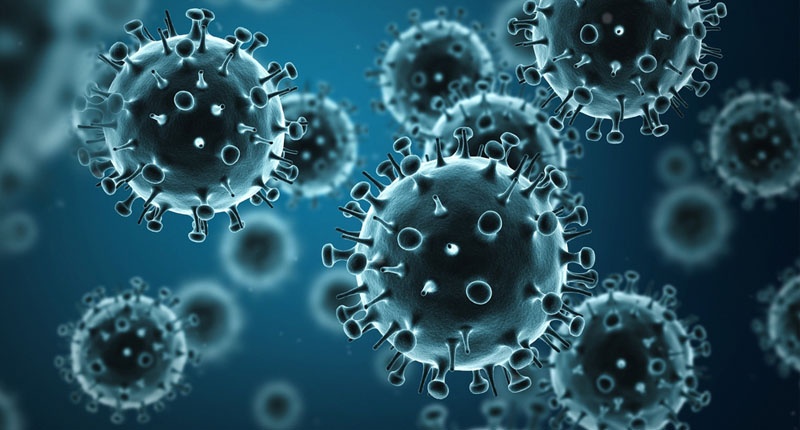As new variants of SARS-Cov2 the official title given to the COVID-19 virus, continue to arise, similar transformations are discovered by the scientists, making the infection more problematic and destructive. This article primarily focuses on those changes called mutations.
What happens during mutations?
Once a virus gets into our body, it latches onto one of our cells. The genetic material (DNA or RNA) then enters the cell, where it can make copies of itself.
“When a virus replicates or makes copies of it, it sometimes changes a little bit, which is normal for a virus. These changes are called “mutations”. A virus with one or more new mutations is referred to as a “variant” of the original virus. Most viral mutations have little to no impact on the virus’s ability to cause infections and disease. But depending on where the changes are located in the virus’s genetic material, they may affect a virus’s properties, such as transmission or severity,” states WHO.
How do mutations make the virus more deadly?
Viruses mutate constantly and new variants of a virus are expected to occur. When the virus spreads, the number of cases increase which in turn increases the risk of mutations. Some variations allow the virus to spread more easily or make it resistant to treatments or vaccines. Scientists monitor these changes, including changes to the spikes on the surface of the virus.
The virus’s spike protein helps it enter the human cells. Therefore the mutations that cause changes in the spike protein are likely to be more dangerous than others.

Sars-Cov2 Variants of concern
These variants appear to spread more effectively and rapidly than the rest, which may prompt more instances of COVID-19.
The ‘delta’ variant (B.1.617)
This variant is found to be present in the United Kingdom, the United States and is responsible for the majority of the cases during the second wave of covid-19 pandemic in India. It is also considered as the deadliest variant found so far due to its increases transmissibility and ability to cause severe complications in the patients.
The variant that was first identified in Maharashtra is now estimated to be present in about 62 countries around the world.
The Alpha variant (B.1.1.7)
Also known as the UK or Kent variant, it is prevalent in Britain with more than 200,000 cases identified. This variant was first detected in the United States in December 2020. Currently, it is the most common variant across the U.S.
The Beta variant (B.1.351)
The South African variant is found in almost 20 other countries but was first found in December, 2020. This variant was first detected in the United States at the end of January 2021. It is also prevalent in U.K.
The Gamma variant (P.1)
This variant was first detected in the United States in January 2021. First identified in Brazil, this variant has spread to more than 10 other countries.
B.1.427 and B.1.429
These two variants were first identified in California in February 2021.
New Vietnam variant
Responsible for the latest surge in the country, this recently detected strain is the B.1.617.2 variant, more commonly known as the Indian variant. The virus is said to be a hybrid of the variants found in India and United Kingdom, possibly due to an additional mutation in the virus.
It is highly transmissible through the air although vaccines such as the Pfizer and Oxford AstraZeneca (two doses), are proving to be effective against this strain.
Vietnam has been one of the countries that were able to contain the covid-19 outbreak since the pandemic with the help of their strict precautionary measures and strategies, as a result of which since last year the nation has reported 6,713 cases and 47 deaths. However, after the discovery of this new strain more than 3000 cases and 12 of the deaths were reported in the last one month.






Leave a Reply